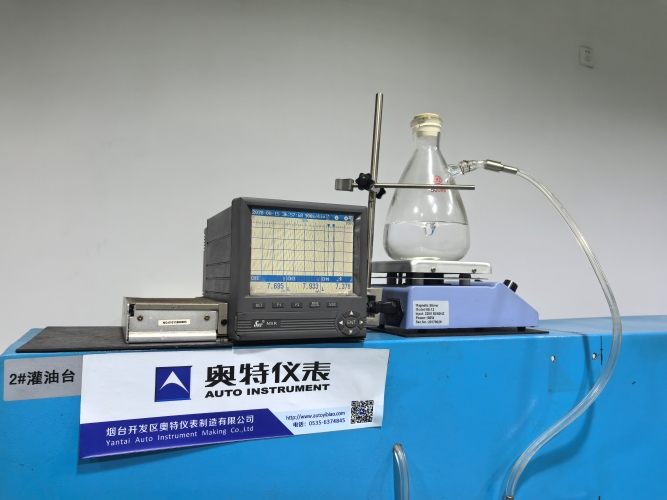
Why use silicone or fluorine oil in diaphragm pressure transmitters?
2025-01-03 10:56
In industrial applications, pressure transmitters are essential for precise and reliable measurements. One key to their success is the use of specialized filling liquids like silicone oil and fluorine oils. These oils offer several advantages, but failures from using incorrect oils serve as important reminders of why choosing the right fluid is crucial.
The Benefits of Silicone and Fluorine Oils
Thermal and Chemical Stability: They perform well across a wide range of temperatures and resist chemical degradation, making them ideal for harsh environments.
Low Viscosity: These oils maintain consistent fluidity, ensuring accurate pressure transmission even in extreme conditions.
Electrical Insulation: They provide excellent protection against electrical interference, safeguarding sensitive components.
Durability: These oils extend the lifespan of transmitters by preventing contamination and wear, ensuring reliable long-term performance.
Case Studies of Failure: The Consequences of Using Incorrect Oils
Mineral Oil in a Chemical Plant
A chemical plant in Europe once decided to use mineral oil as a filling liquid for their diaphragm pressure transmitters. The initial results appeared promising, but within a few months, the plant began to experience issues with the transmitters. The mineral oil started to degrade due to prolonged exposure to the high temperatures and aggressive chemicals in the plant environment. As a result, the oil became thick and sluggish, leading to inaccurate pressure readings and equipment downtime. The plant had to replace all the transmitters, leading to substantial maintenance costs and operational disruptions.
Vegetable Oil in a Food Processing Plant
In a food processing plant, the company chose to use vegetable oil as a cost-saving measure for its pressure transmitters. Initially, the system worked well, but over time, the vegetable oil oxidized and degraded, forming harmful compounds that contaminated the pressure sensors. This not only affected the accuracy of the pressure measurements but also led to the contamination of the food products, causing a serious food safety issue. The plant had to halt production for several days to replace the transmitters and thoroughly clean the system, resulting in significant financial and reputational damage.
Lubricating Oil in an Oil Refinery
An oil refinery used a standard industrial lubricating oil as a substitute for silicone or fluorine oil in their pressure transmitters. Although this oil initially seemed to function well, it was not long before it began to cause problems. The lubricating oil, which was not chemically stable at the temperatures encountered in the refinery, began to break down. The resulting sludge accumulated inside the transmitters, causing blockages and impairing the pressure measurements. The refinery faced costly repairs and delays as a result of using the wrong oil.
These cases show that while alternative oils like mineral, vegetable, and lubricating oils may seem cheaper, they lack the necessary properties for reliable pressure measurement. Silicone and fluorine oils, on the other hand, ensure accuracy, longevity, and stability. Choosing the right oil is essential for avoiding costly failures and ensuring the optimal performance of pressure transmitters.
